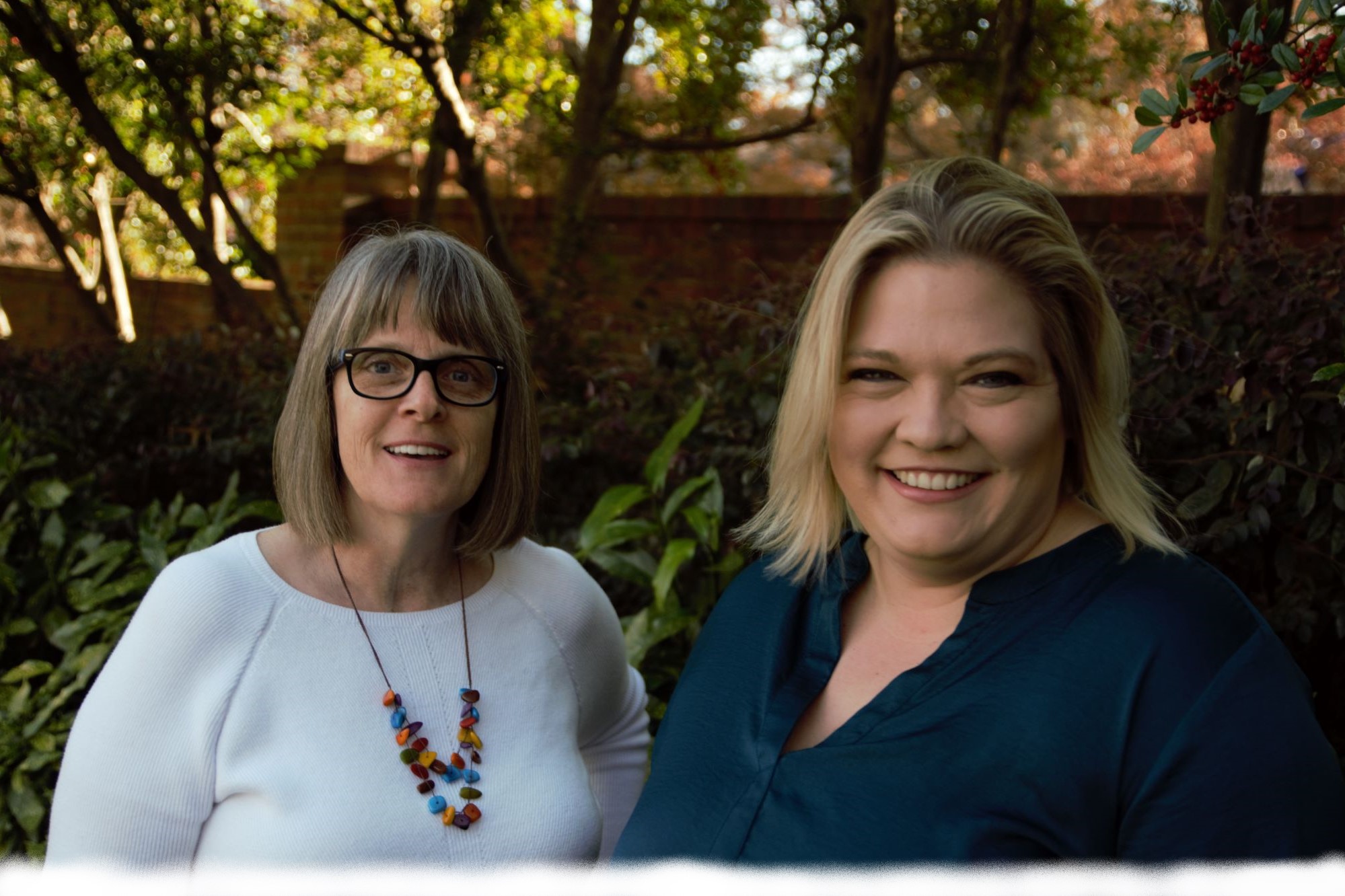What is Generosity?

10 December 2019 | Theme: Generosity | 8-Minute Read | Listen
As we focus on the theme of Generosity, I think it’s helpful to step back and look at what generosity is—and what it isn’t.
The word “generosity” derives from the Latin word generōsus, which means “of noble birth.” Its Latin root, gener-, means kin or clan, and it’s related to the words generation, genealogy, genesis, and genius. So the earliest usage of the word denoted aristocracy or nobility—you had to be born into it. In modern usage, the University of Notre Dame’s Science of Generosity Project defines it as “the virtue of giving good things to others freely and abundantly.” Many definitions, in fact, begin with “trait,” “quality,” or “virtue,” while some define it as “the act of being willing to give.”
My favorite definition, though, is from Freebase: “Generosity is the habit of giving without expecting anything in return.”
If we look at generosity as a trait, quality, or virtue, then it’s easy to assume we either have it or we don’t. It’s a fixed, measurable thing that folks like Bill Gates—you know, the modern-day equivalent of aristocrats—may have, but others lack. Calling it an “act” doesn’t quite get it right, because generosity is made up of many acts. But viewing generosity as a habit, well, that’s entirely different. A habit is something formed out of practice, one act at a time, and anyone can begin at any time to practice greater generosity.
The good news is that being generous leads to good feelings and happiness, which in turn lead to a greater inclination toward generosity. As with “practicing” Gratitude, practicing Generosity “generates” more of the same.
The first example that springs to my mind is when, several years ago, my church’s leadership decided to begin giving the offering each Sunday away to worthy community agencies. Now, in my church’s polity there is no hierarchy, so all the funds needed to pay staff and keep the lights on must come from the parishioners. It was an incredible risk that our leadership took: would giving away the plate create a financial strain for the church? Would people give offerings to the community but cut back on their pledges to the church’s operations to compensate?
What we quickly discovered was that, in fact, the overall giving to the church increased, even as more was being given into the community! The church’s balance sheet was healthy, and we gave hundreds of thousands of dollars to the food bank, schools, disaster relief, and social justice programs. Indeed, generosity bred more generosity!
Most of the world’s religions have teachings about generosity; it’s valued by nearly all cultures. Aristotle taught that generosity requires giving to the right people, in the right amounts, at the right time, with pleasure, and without looking out for oneself. That can be a pretty tall order! Certainly, we want to give to individuals or organizations that will be good stewards of our resources. Giving in the right amount means giving with an open heart from our abundance. Giving the “right amount at the right time” requires that we budget for regular giving. Giving with pleasure and without self-interest goes to the intention behind our generosity.
When the intention behind our giving isn’t open-hearted, the giving isn’t pleasurable. There’s a difference between “open-handed” and “one-handed” giving. A few years ago, I let a friend borrow a treasured book of mine because I just knew it was perfect for her. But my intention was that I’d get the book back. She loved it as much as I thought she would—so much that she didn’t want to return it. I ended up saying, “Yes, sure, you can keep it,” but I had read and re-read that copy so much, I knew its every mark, from the little tear in the book jacket to the smudges I’d made while reading it. Giving her my copy of the book wasn’t pleasurable because I didn’t really want to let go of it—I was attached to it. I gave it with one hand, while wishing to take it back with the other.
Contrast that with the time my mother bought a petitpoint broach while travelling with a group in Vienna. My parents were parting from the group to spend more time in Austria, but they met the group to say goodbye. Mom, wearing the embroidered violet broach, hugged one of the women she’d befriended on the tour. The other woman exclaimed, “Where did you find that?!” Her exuberance prompted Mom to take the broach off and give it to the other lady. She didn’t know why she did so, but it seemed right in the moment. The woman teared up and explained, “It’s a violet, and my mother’s name was Violet!” Mom knew that she could buy another similar one, but that specific one needed to belong to her new friend, who had a bus to catch. My mother had given an open-handed gift, and she felt joy in the giving. I would guess that Mom feels joy again in recalling the giving of that unexpected gift.
“Contrary to one-handed giving,” writes Amy Love, “open-handed, or open-hearted generosity is a way of letting go with kindness and gentleness that has no regret, no feeling of loss associated with it. Open-hearted generosity is a boundless generosity that expands and lightens the heart.” I love that—letting go with kindness and gentleness.
Note that generosity doesn’t always mean giving material goods, but includes giving of time and talents as well. Whether giving of time, talents, or treasure, according to Christian Miller, true generosity requires three things, and they aren’t always apparent. Two people may appear to give in the same way but have completely different motives, so that one is truly generous and the other, not so much.
First, generosity asks us to give something of value to us. Donating my no-longer-wanted items to charity may fill a need in the community, but doesn’t necessarily constitute generosity on my part. If, however, I value the price that I might have earned by selling them, but choose to donate instead, then the items are “of value,” however small.
Second, generosity is not focused on oneself. When we give out of obligation, guilt, concern for appearances, or to receive recognition or a tax credit, then it isn’t truly “generous.” To be a generous person, one’s primary motive must be altruistic—focused on the other. Note that I didn’t say that it’s wrong to take the tax credit or to receive recognition—there may be some self-interested reasons at play, even if it’s just the desire to feel good about giving. But a truly generous person’s focus on the other is greater than her focus on herself. She is motivated by empathy for another.
Third, a generous act is one that goes above and beyond what is expected. As Christian Miller writes, “Generous acts are gifts. And gifts are never required. They are freely given, and never blameworthy if withheld. Hence to act from a heart of generosity, we give when (and only when!) we think we have the moral freedom to do so. We go above and beyond the call of duty.”
Before approaching the topic of Generosity, Dear Reader, I had no idea that the University of Notre Dame has a $5 million grant for its “Science of Generosity” initiative. That’s a big chunk of change devoted to what it calls “an essential human virtue.” I will humbly reframe that as “an essential human practice,” and I will invite you all into a daily expression of kindness and gentleness. Every tiny random act of kindness matters. Even if it only matters to one person for one moment, it matters. This world needs your kindness and gentleness. It needs your generosity. It needs you.
Until next time,

Resources:
“Generosity.” Wikipedia. 30 November 2019. https://en.wikipedia.org/wiki/Generosity
“Generosity.” Definitions.net. STANDS4 LLC, 2019. Web. 10 Dec. 2019. https://www.definitions.net/definition/generosity
Love, Amy. “Generosity vs. Giving: What Does It Mean to Be Generous?” Mindful Schools, 10 December 2018. https://www.mindfulschools.org/personal-practice/what-does-it-mean-to-be-generous/
Miller, Christian B. “The Three Requirements of Generosity.” Quartz, 8 May 2018. https://qz.com/quartzy/1272502/the-three-requirements-of-true-generosity/
“What is Generosity?” University of Notre Dame: Science of Generosity. 2019. https://generosityresearch.nd.edu/more-about-the-initiative/what-is-generosity/
If you enjoyed this article,
please share on social media!
NEXT ARTICLE

A Conversation With… Comfort Keidel
13 December 2019 | Theme: Generosity | 2-Minute Read
My guest in this episode is Comfort Keidel, a foster parent and foster care recruiter with the Oklahoma Department of Human Services. We talk about her reasons for becoming a foster parent, the process and challenges of becoming a foster parent, and the needs for children in foster care . . .